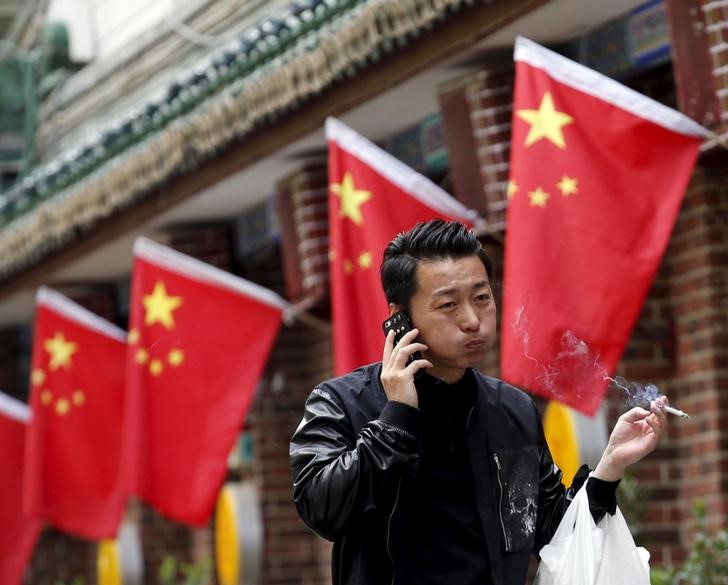(Bloomberg) -- China’s government has told at least two of its state oil companies to avoid purchasing Iranian oil as the U.S. prepares to impose sanctions on the Persian Gulf state, according to people with knowledge of the matter.
The freeze on imports by China National Petroleum Corp. and Sinopec is temporary and purchases may resume depending on the outcome of negotiations with the U.S., said the people, asking not to be identified because the information is confidential. Companies that continue buying Iranian crude after sanctions take effect on Nov. 4 face the risk of being cut off from the American financial system.
The decision precedes an upcoming meeting between President Xi Jinping and U.S. counterpart Donald Trump at the Group of 20 summit next month and coincides with flaring trade tensions between the countries. For Iran, no purchases by CNPC and Sinopec means it will lose out on sales to its top oil customer after a halt by other major buyers like Japan and South Korea.
Beijing-based spokesmen for both CNPC and Sinopec -- which is formally known as China Petrochemical Corp. -- declined to comment. Reuters reported earlier that the companies made no bookings for November-loading Iranian oil. “The Chinese side welcomes a practical solution that can maintain normal economic and trade cooperation with Iran,” Foreign Ministry spokeswoman Hua Chunying said at a briefing on Wednesday.
Nuclear Deal
The Chinese government’s move is in contrast to India, which has said it plans to continue taking limited volumes from the Persian Gulf state in November. All nations are negotiating with the U.S. for waivers from the restrictions. Trump in May withdrew from a nuclear agreement with Tehran hammered out by his predecessor, Barack Obama, and said he would reimpose economic curbs lifted under that 2015 accord.
It was unclear if other companies in China will continue purchases from Iran. The government has said it opposes unilateral sanctions. American officials in August said they’d been unable to persuade Beijing to cut Iranian oil imports, though it did agree not to ramp them up. The world’s second largest economy also halted purchases of U.S. crude in August for the first time since September 2016, according to U.S. Census Bureau data, as the trade spat between the nations escalated.
While global benchmark Brent crude topped $85 a barrel earlier this month for the first time in four years, prices have since retreated as Saudi Arabia and other producers have said they will make efforts to fill any potential gap in supply.
